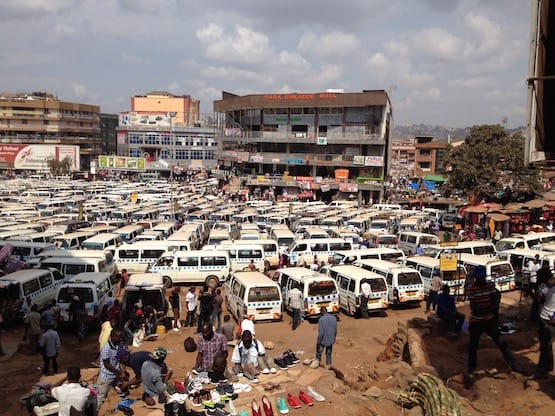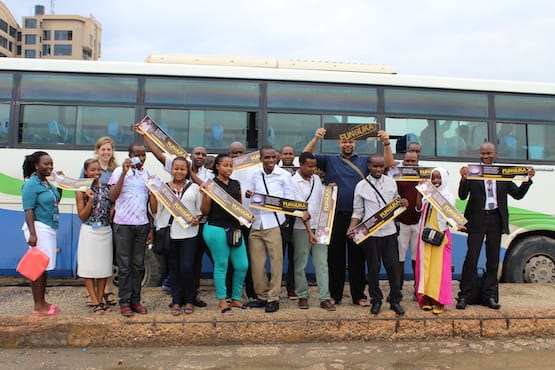The problem: road accidents
Epidemics are not always disease-related. One of the largest — and growing — epidemics on the global health scene today is traffic accidents. The World Health Organization (WHO) estimates that more than 1.25 million people die in road accidents each year, and another 20–50 million are injured. Road accidents are predicted to be the fifth leading cause of death globally by 2030. [1]
The problem is especially pronounced in low- and middle-income countries. In sub-Saharan Africa, road accidents are the leading cause of death for people ages 15–29 and the second leading cause of death for children ages 5–14. The situation is particularly grim in Kenya, where the annual rate of road deaths, at just over 29 per 100,000 individuals, is the fifteenth highest in the world. Such loss of life and associated injuries have enormous socio-economic impact on families, communities, and the nation at large.

Many of the road deaths in Kenya occur in minibuses — “matatus” — the primary mode of transportation in the region. Accidents can occur because of speeding and dangerous overtaking, often motivated by the fact that the faster a driver goes, the more passengers they serve and the more money they make.
Traditional interventions such as speed governors, complaint hotlines, increased traffic enforcement, road improvements, and new laws can be extremely expensive as well as slow to implement. There’s also no evidence that any of these initiatives work. More importantly, these approaches do not provide passengers real-time control over their own safety when subjected to life-threatening, dangerous driving.
The solution: motivational stickers
As the WHO noted in 2013, “Road traffic injuries have been neglected from the global health agenda for many years, despite being predictable and largely preventable.” Georgetown University’s Drs. James Habyarimana and Billy Jack wanted to identify a way to to reduce the number of casualties at a low cost. Their brainchild proved to be simple, cheap, and highly effective: changing the behavior of passengers as well as drivers by way of motivational stickers.
Together we can save lives – one sticker at a time.
How Zusha! works
In Kenya, the Zusha! road safety campaign is implemented by the Georgetown University Initiative on Innovation, Development, and Evaluation (gui2de), in partnership with Kenyan insurance company Directline Assurance and Kenyan authorities like the National Transport and Safety Authority.
They provide stickers with motivational messages that prompt passengers to “Zusha!” — the Kiswahili word for “protest” or “speak up”– against reckless driving directly to the driver of their matatus or bus. To encourage drivers to place and retain the stickers in their vehicles, the campaign includes a lottery through which they can win a cash prize if they correctly display the stickers.


